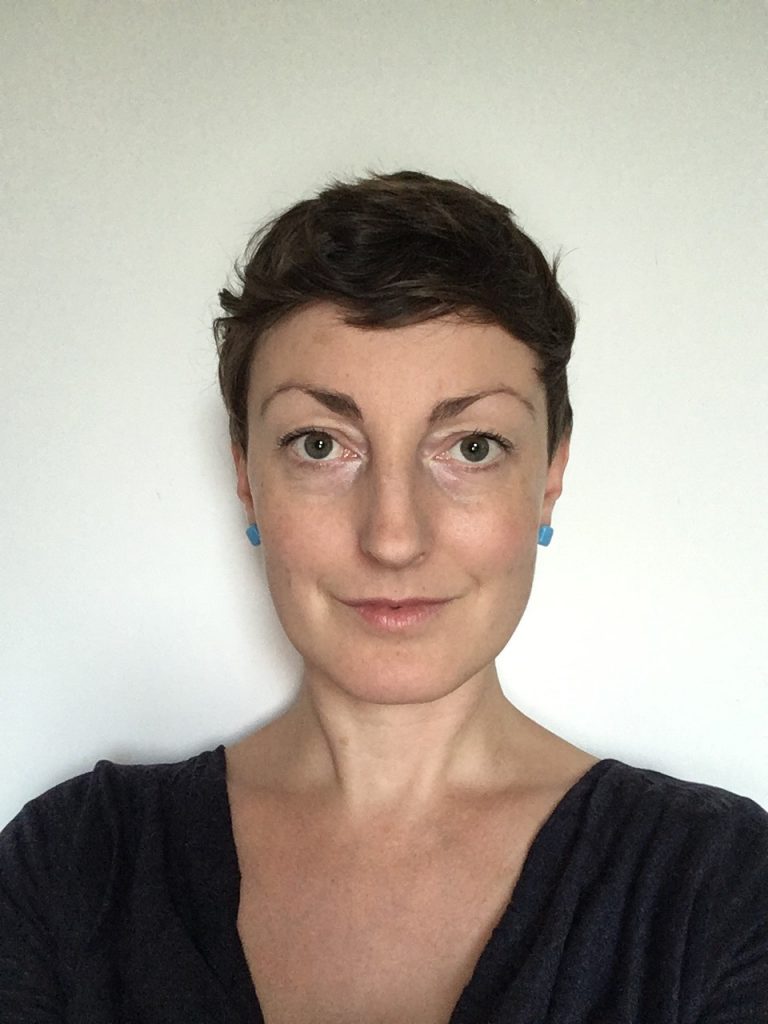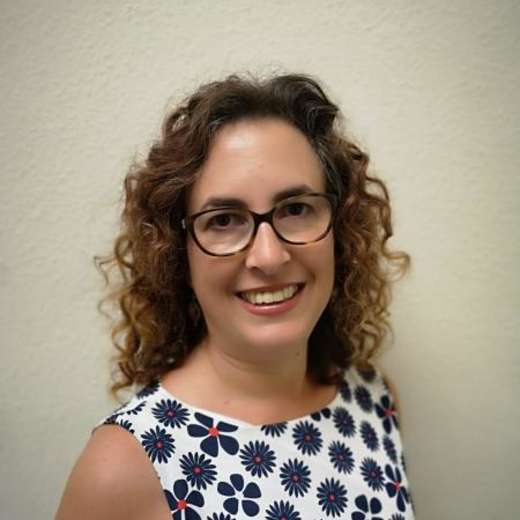I have an established collaboration with art therapist Dr Vicky Armstrong who spent her early career modelling attuned relationships in art psychotherapy with children who have had poor early experiences. Vicky joined the lab as a PhD student in 2018, funded by a competitive University of Dundee School of Social Sciences studentship.
In the same year practicing artist and art gallery educator Holly Rumble joined the lab on a Scottish Graduate School of Social Sciences Collaborative studentship. Together, we are interested in developing an interdisciplinary approach to explore the social impact of early years art, and you can find our more here at our ‘Art at the Start’ webpage.
This project embedded the research team within Dundee Contemporary Arts in order to study the impact that art participation has upon the social well-being of young children and how shared art experiences may help to build strong attachment relationships.
After piloting quantitative methodologies to evaluate dyadic art psychotherapy work Vicky and reflecting on mechanisms of change, and systematically reviewing the evidence pool for the efficacy of early years arts interventions, Vicky and I were able to provide medical stand controlled trial evidence for the efficacy of the Art at the Start early years intervention. During the course of this work we developed a novel observation tool for infant-caregiver activities and therapeutic interventions which Holly was later able to adapt to create an observational toolkit to help art galleries to record the experiences of young children during family visual art activities.
During the Covid 19 pandemic, we benefited from funds from the University’s public engagement seed fund to allow us to pivot to provide remote arts based interventions to isolated families. Click here to see our art boxes, and read more about how they were received here and here. This resulted in the development of an Art at the Start book, coproduced with families to provide creative prompts and explanations for the benefits of early years arts. Most recently, we have been awarded UKRI research funding to scale up the Art at the Start approach, as part of the UKRI Mobilising Cultural and Natural Assets to Combat Health Inequalities programme, in partnership with NHS perinatal and infant mental health contacts. In the first phase of funding, we have used these funds to embed art therapists within four gallery spaces across Scotland for 1 year, providing a targeted art therapy intervention for parent-infant dyads, as well as developing a programme of public engagement. In phase 2, we formed a large research consortium including families and NHS, third and cultural sector stakeholders to reflect on availability and current experiences of art-based supports for infant mental health. Check out the ‘Art at the Start’ webpage for further detail and outputs from this collaboration.
Beyond Art at the Start, I also collaborate with psycholinguist and colleague Professor Alissa Melinger . Our first collaborative project investigated the cognitive implications of speaking two dialects. The project received start up funding from a Nuffleld Social Sciences grant in 2011 (Nuffield Social Sciences Small Grant, £14,045, “Growing up Scottish: The cognitive implications of speaking two regional dialects of English”). Supported by a comprehensive review of previous developmental literature, the resulting paper challenged the claim that childhood bilingualism comes with a robust inhibition advantage. Together with Professor Sheila Cunningham, Alissa and I are currently working on a Leverhulme funded research project (Leverhulme Trust, £228,460, “To thine native self be true: Exploring the dual bilingual self hypothesis”). This project applies the self-reference effect in memory to explore the novel hypothesis that first and second languages may operate as dual systems in bilinguals, with the first language offering stronger activation of the self-system than the second language due to the contemporaneous development of self and language in early childhood.
Dr Harrison Paff has joined the project as a postdoctoral researcher. Watch this space for outcomes!




